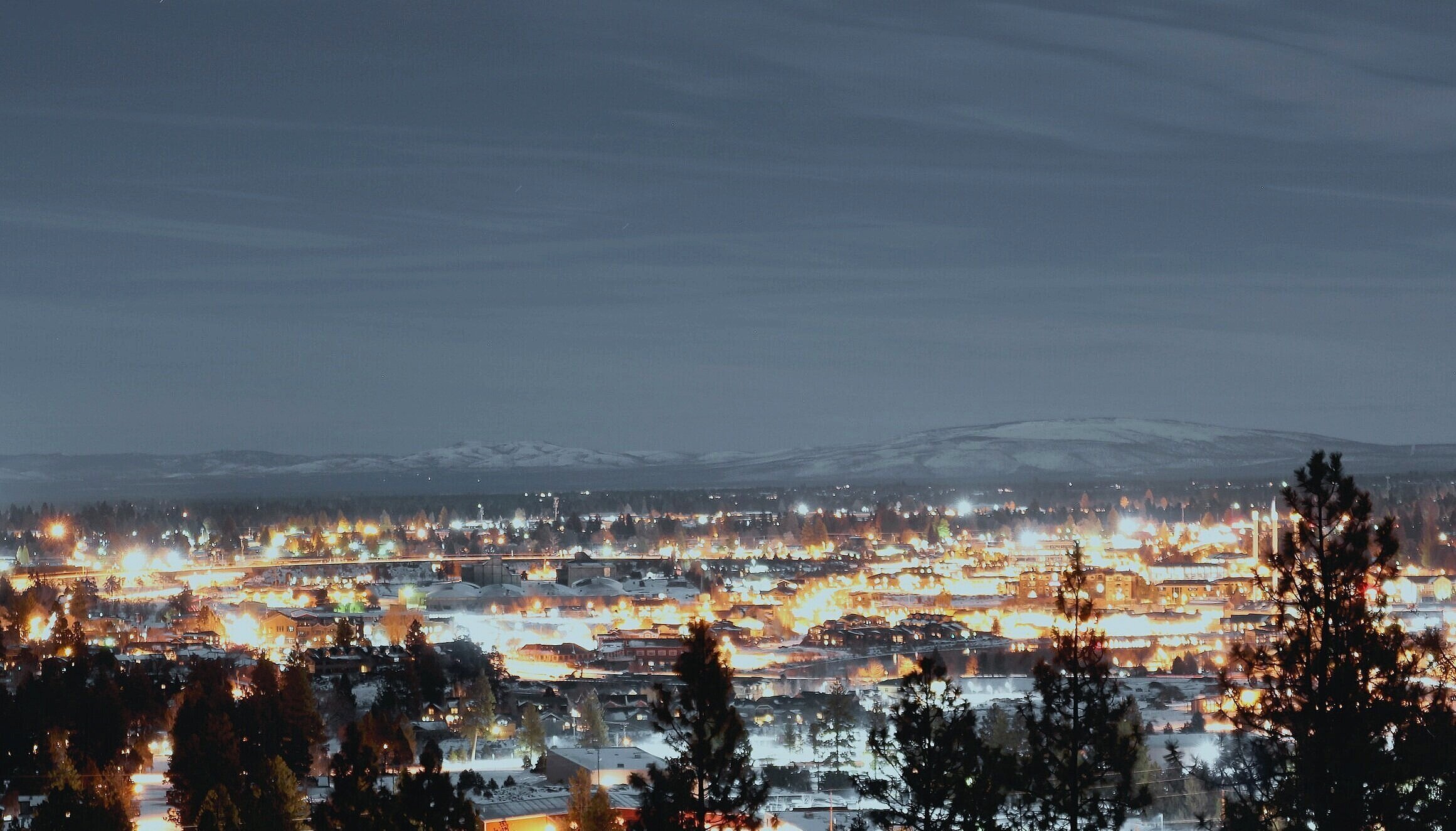The Horizon
All the latest updates on our work defending rural lands, creating livable cities and towns and preserving wild lands and water throughout Central Oregon
Year in Review: Notable Numbers from 2020
2020 has challenged us all ways we didn’t know were possible. We have seen how Central Oregon rallies together when the going gets tough. Despite the many shifts, from zoom staff meetings to all-virtual events, we have some notable numbers to reflect on this season.
A Place to Call Home? Take Action Today on Housing
Like air to breathe and food to eat, shelter is a basic human need. Unfortunately, Central Oregon’s housing crisis has grown dire this year. People continue to move here, housing prices continue to rise, and many of our neighbors might not be able to stay.
The HCP presents serious problems for Whychus Creek
Three Sisters Irrigation District (TSID) has piped most of its canals and possesses the modernized infrastructure needed to manage water with control and precision.
Notes from the Field: Deer Winter Range
There is probably no species of wildlife more iconic of Central Oregon than mule deer (Odocoileus hemionus). Their elegant adaptations to the arid ecoregions east of the Cascades and their seeming ubiquity across both rural landscapes and urban areas give us the impression of an abundant population. But long-term studies show significant declines in regional mule deer herds. Protecting their winter range is one of the most effective measures we can take to slow and reverse this decline.
How does the HCP affect Whychus Creek?
The Habitat Conservation Plan (HCP) is an enforceable agreement between irrigation districts and federal agencies meant to reduce the harmful effects of irrigation, but the plan currently put forth is woefully inadequate to address the health of the River, the needs of our farmers and the welfare of fish and wildlife.
Solving the Water Distribution Problem in the Deschutes
Part 2 of our new series, as we dive into the U.S. Fish and Wildlife Service’s conservation plan for the Deschutes Basin.
Our biggest trees are saving the planet, and the Forest Service wants to cut them down
Not only do the biggest trees in our National Forests provide enormous value to local ecosystems, but they also play an outsized role in fighting global climate change. Recently published research shows that the largest 3% of trees on our Central and Eastern Oregon National Forests store 42% of all carbon stored throughout the forest.
How does the HCP affect the Deschutes? - Part 1
How does the HCP affect the Deschutes and how do our recommendations compare to what has been proposed in the final plan?
Year-End Matching Campaign TRIPLES Your Impact on Central Oregon
Your gift today keeps our community safe from wildfire, and right now it will be TRIPLED. Reducing the risk of catastrophic loss due to wildfire has always been core to our mission. Please take this opportunity to make it part of yours.
Deschutes River Habitat Conservation Plan Fails to Restore River, Fish, Frogs
A final habitat conservation plan and environmental impact statement announced today by the U.S. Fish and Wildlife Service for the Upper Deschutes River, Whychus Creek and Crooked River largely preserves existing management of the river in the near term and fails to adequately help threatened bull trout, steelhead and Oregon spotted frogs.
What's Next for the Bend Central District
With the plans, resources, and community support finally in place to revitalize the heart of Bend, we enter an exciting phase for the BCD. LandWatch will continue working to ensure the underutilized core transforms into a vibrant, healthy, and inclusive mixed-use neighborhood with safe connections between east and west Bend.
We can protect Deschutes County communities from wildfire
This year’s harrowing wildfire season left thousands of our fellow Oregonians without homes – and some without their lives. These massive losses are a wake-up call.
The Unfortunate Truth about the Deschutes River
It is time to change the rules of the game and set new streamflow goals for the Upper Deschutes River. We can restore the River to its proper functioning condition while providing irrigation water to the efficient farmers who need it. The time to act is now!
The future of Bend’s transportation system is in your hands
Real investments in transportation options will make neighborhoods like the Bend Central District possible. Making these improvements to our transportation system now will shape future growth throughout Central Oregon and contribute to a better future.
Fish passage waiver denied at Bowman Dam
Had the requesting Crook County stakeholders offered more mitigation measures, including streamflow restoration in the Crooked River below Bowman Dam, the waiver application might have been approved.
We need more than pipes. We need better water-resource management.
The irrigation districts have a water distribution problem – too much water available to properties that engage little in farming and not enough water to our large agricultural producers or the river.
Notes from the Field: Ecological Adaptation to Wildfire in Oregon
Wildfire has always had a place in the fire-adapted ecosystems of Central Oregon’s arid forest, scrub steppe, and grassland.
What's up with Wikiup?
It is time to stop the wasteful business-as-usual practices that generate these tragic outcomes. There is too much at stake for our rivers, farmers, and communities. We advocate for sensible, incentive-based strategies that can work today.
Bend Code Update Could Provide More Flexibility for Housing
While it won’t solve our housing crisis, the proposed development code updates will provide more options for housing that makes efficient use of land, which ultimately allows us to protect the landscapes we love while making housing available for people across the income spectrum.
Update: LandWatch Continues Fight To Protect Critical Wildlife Habitat In The Ochocos
LandWatch repeatedly spoke up for riparian areas during project planning, but the Forest Service moved forward anyway. We think not logging in riparian areas isn’t too much to ask for, and now we’re hoping a federal court will agree.





